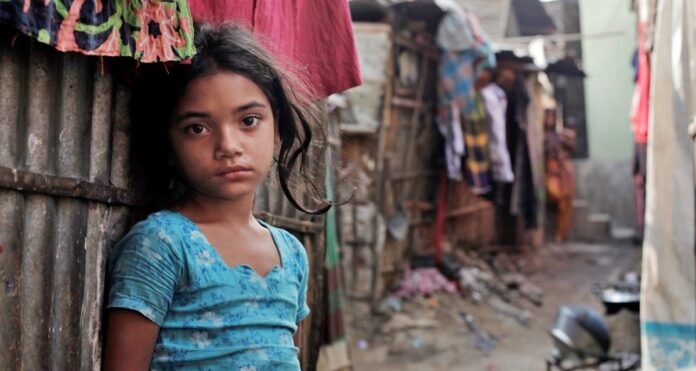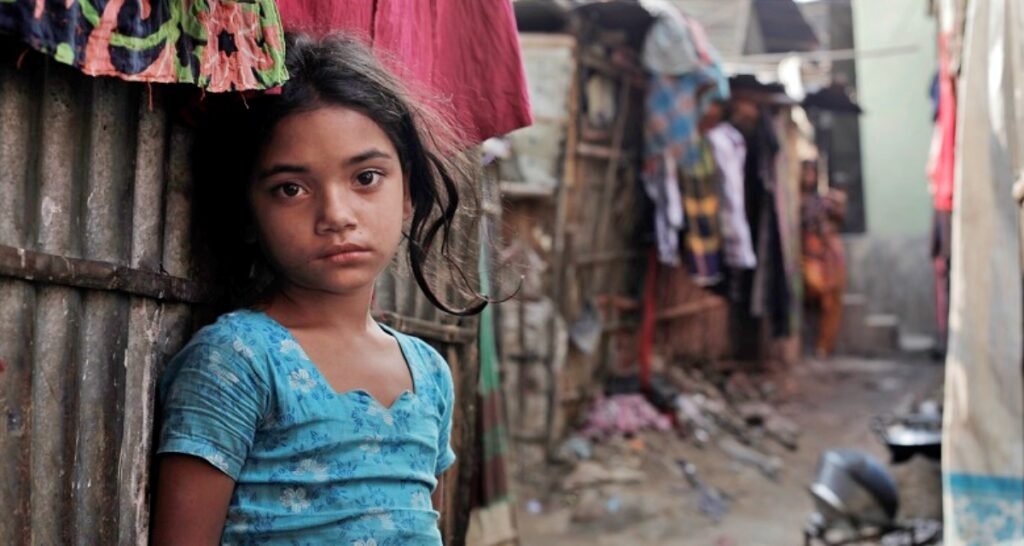
New Delhi: A survey conducted in urban slums in Delhi, Maharashtra, Bihar, and Telangana has revealed that 67 percent of girls did not attend online classes during the lockdown imposed in 2020 due to the COVID-19 pandemic. A study conducted by NGO ‘Save the Children’ in February last year also found that 68 percent of girls between the ages of 10 and 18 faced challenges in accessing health and nutrition facilities in these states.
Delhi, Maharashtra, Bihar, and Telangana represent the four geographical regions of the country – East, West, North, and South. These states were selected through comprehensive criteria, including cases of COVID-19, child sex ratio, the marriage of girls before the age of 18, annual average dropout rate, and girls and women aged 15 to 24 years. includes the use of sanitary facilities by In each state, two districts or cities were selected.
The report titled ‘Wings 2022: World of India’s Girls: Spotlight on Adolescent Girls amid COVID-19’ said that during the 2020 lockdown, the possibility of infection, closure of schools and health centers, non-availability of health workers has affected adolescent girls. Access to health and nutrition facilities was made difficult It said that after the lockdown, 51 percent of adolescent girls were faced with challenges in accessing health services.

The report said, “In four states, only one in three girls attended online classes during the lockdown. Three out of four mothers (73 percent) indicated that the pandemic had severely affected their daughter’s studies. It said that due to the closure of schools, two out of every five girls (42 percent) were not contacted by the school, as claimed by the mothers. The lockdown has curtailed sports and creative activities as schools are places where girls engage in activities outside their studies.
The report said that one in every two girls said they missed school with their siblings and friends. It also said that due to the loss of jobs and declining family income during the pandemic, the possibility of child marriage also increased. “One in seven mothers feel that the pandemic has increased the risk of girls marrying before the prescribed age limit,” it said.






































